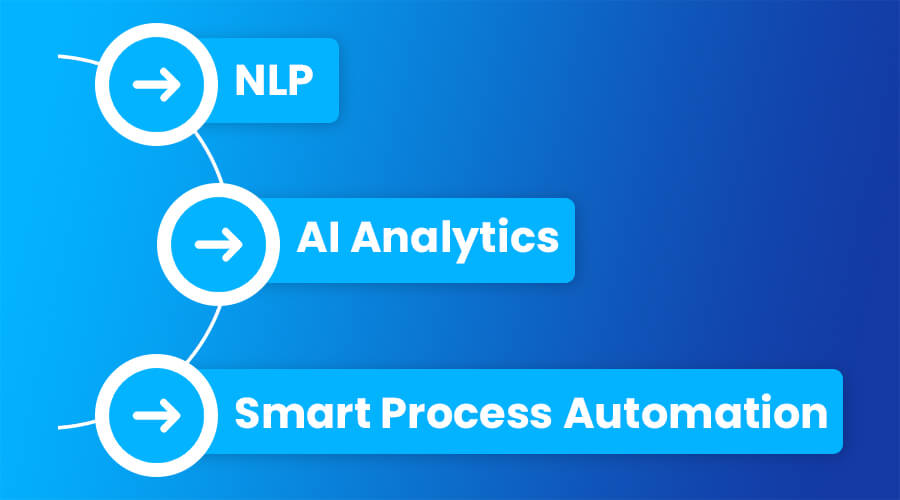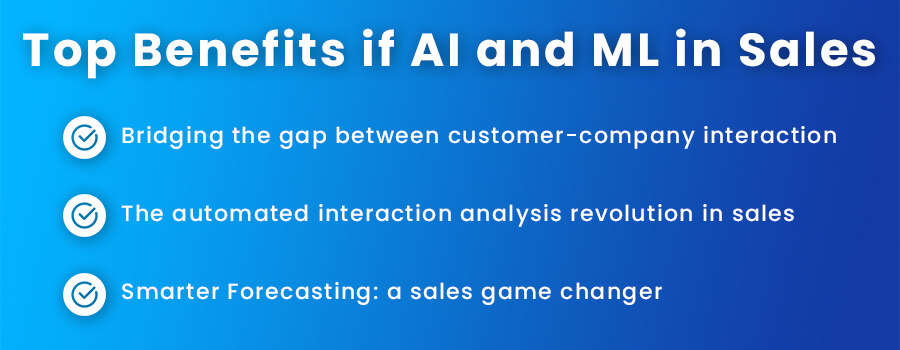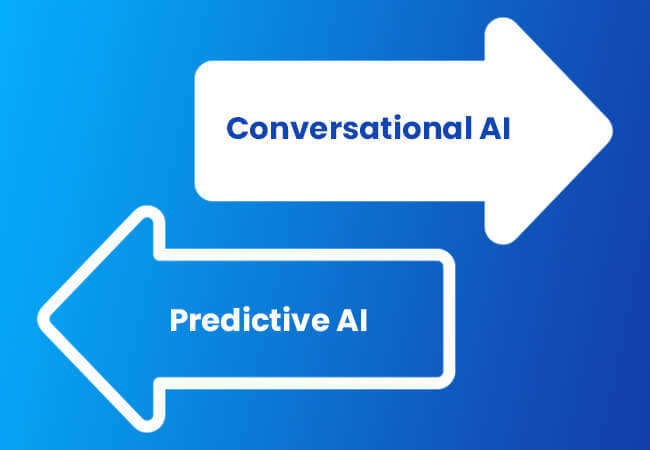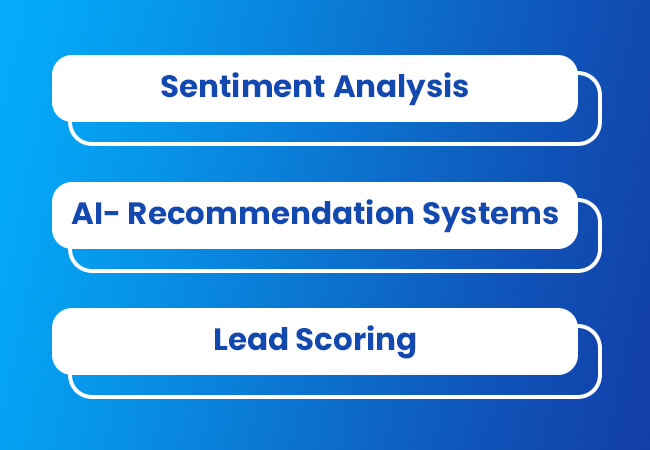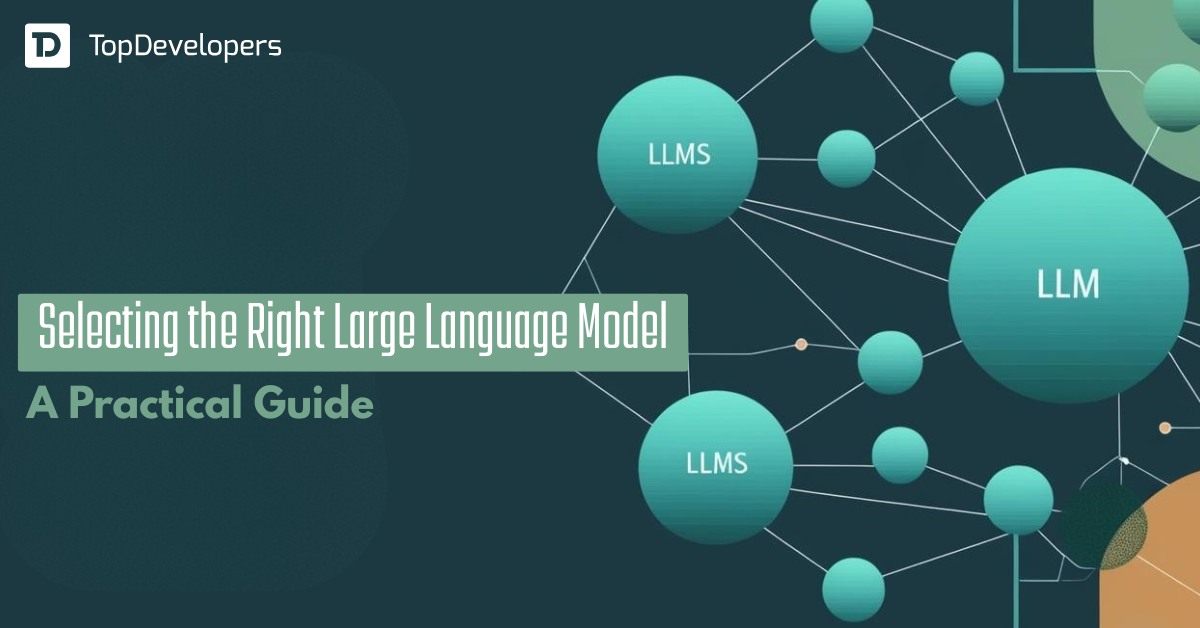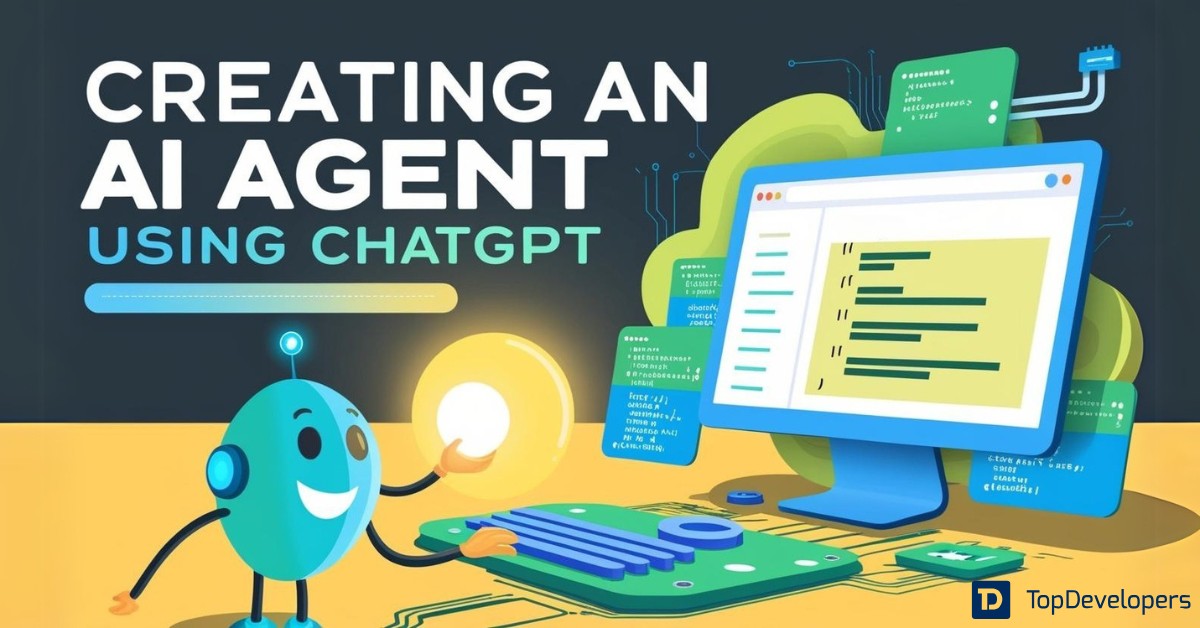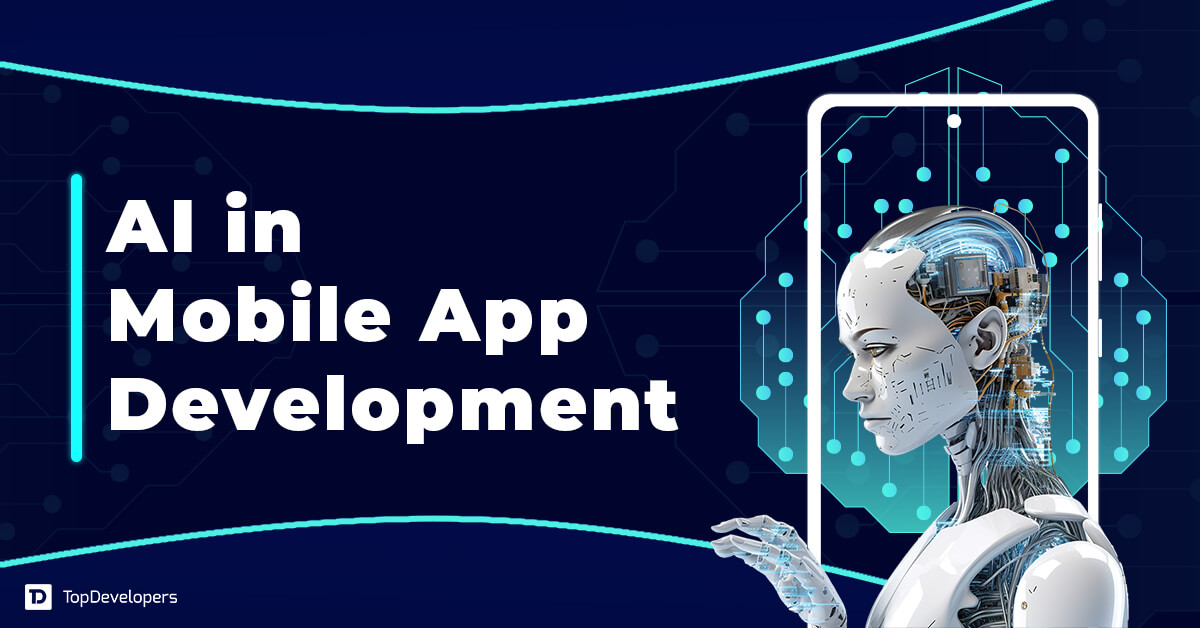
Uncover the thriving landscape of Artificial Intelligence (AI) and Machine Learning (ML) in the current year. The market value of AI, now at $136 billion, is anticipated to expand 13 times within the next seven years. Forecasts predict that by 2030, AI will increase GDP in China by 26.1%, closely followed by North America and the United Arab Emirates (UAE) at 14.5% and 13.5%, respectively.
The extraordinary 97% mobile user engagement with AI-powered voice assistants is spread across 4 billion devices. According to statistics, AI technology adoption has reached 40%, while 75% of top executives foresee fostering growth and competitiveness. A considerable percentage of companies, 64%, believe AI can improve productivity.
The projection is for considerable growth in the global market by 2030, with autonomous vehicles expected to reach 10% of the total, increasing from 20.3 million to 62.4 million. The statistics demonstrate the transformative potential of AI and ML while also fueling important talks about their societal effects and workforce evolution. In this landscape, the blending of technology and human values assumes paramountcy.
So, Artificial Intelligence companies are at the forefront of technological innovation. Apps powered by artificial intelligence are driving innovation forward in companies. As demand for advanced software rises, innovative technology is being leveraged to craft intelligent programs that mimic human thought processes. AI integration enables these companies to transform the healthcare, finance, retail, and transportation industries.
Table of Contents
- The difference between AI and Machine Learning
- Types of sales operations: Unlocking efficiency and success
- AI & Human Collaboration: Advantages and Concerns
- How do AI and Machine Learning benefit sales?
- Best AI tools in sales
- How lead scoring has been impacted by Machine Learning?
- Top Features of AI in Sales and Marketing
- AI and Metaverse in sales
- Final thoughts
- FAQs About AI & ML in Sales and Marketing
The difference between AI and Machine Learning
Machines carry out duties typically handled by humans thanks to their mental capacities through Artificial Intelligence (AI). Data analytics enables AI to think, decide, and execute tasks on its own terms. The role of machine learning algorithms is evident in these examples: This list includes driverless cars, chatbot assistants, and other tech advancements.
Machine Learning (ML) embodies a segment of intelligent technology by leveraging computational methods to teach machines via statistical patterns. Data inputs allow the identification of patterns followed by predictions thanks to these models. These algorithms progress through time by incorporating more information; hence, such complementary fields allow Machine Learning engineers to excel beyond expectations in building enterprise apps.
Through efficient data analysis and model creation, their algorithmic prowess shines. Furthermore, with various methods, professionals assist equipment in recognizing patterns, predicting accurately, and choosing wisely based on data.
The main difference between AI and ML lies in their approaches: AI relies heavily upon predefined inputs, whereas machine learning aspires toward predictive accuracy across various data sets. Interaction between these entities makes handling difficult situations possible; insight into their cooperation yields problem-solving success.
Essential for visionaries to stay ahead of the curve; remaining current with advanced technologies prevents them from becoming antiquated through an absence of creativity.
Types of sales operations: Unlocking efficiency and success
Concentrating on these foundational sales activities can elevate our capabilities and expand our success.
NLP: revolutionizing sales communication
The complexities of languages, decoded by NLP AI. Unstructured customer interactions become valuable resources through NLP-driven sales operation analysis. Algorithms enable sentiment analysis, collection of crucial data points, and offering actionable customer preferences insights. Having grasped this understanding, sales groups can tailor their strategy accordingly, foster stronger ties with patrons, and rely on data to optimize client satisfaction.
AI Analytics: Unveiling Hidden Opportunities
Using Artificial Intelligence, sales operations gain insight into client actions, commercial enterprise developments, and overall income performance statistics. By examining enormous amounts of information, AI models find meaningful connections and spot chances for growth. By leveraging real-time analytics, sales teams optimize lead generation and focus on valuable prospects. Utilizing AI technology, sales directors examine individual contributions and collaborative dynamics, allowing them to tailor training programs for maximum impact strategically. Armed with data insights via AI analytics, organizations augment decision-making processes, leading to more efficient sales operations and enhanced market positioning.
Smart Process Automation: streamlining workflows
Streamlining frequent procedures is essential for improving sales performance in the current technological climate. Automation enables organizations to optimize procedures, boosting overall performance. Smart automation facilitates priority allocation among various activities by simplifying tedious processes involving leads and contracts. Automated processes lack human error, resulting in faster completion times and heightened customer satisfaction.
AI & Human Collaboration: Advantages and Concerns
Despite Artificial Intelligence taking all over the business processes, in many aspects, human elements remain irreplaceable in sales. AI excels at in-depth analysis from enormous amounts of scattered data, AI and human collaboration in sales has brought revolutionary changes. Your salesforce, blended with the goodness of AI, will work smarter rather than harder.
From identifying potential leads to prioritizing outreach efforts, AI would help your sales beings with real-time guidance on tackling customer interactions like never before. AI generates content that is personalized to customers such as proposals and presentations abstracted with customer data. Thus, the lethal combo of AI and humans for sales would build rapport with clients and present them with the business objectives with emotional intelligence.
Nevertheless, it raises ethical and bias concerns that businesses need to gravely address.
Ethical Collaboration in AI-Enabled Sales
Keeping it all ethical in the AI sales game is equally essential. AI is getting mammoth in the sales world and thus we need to keep an eye on it to ensure fairness. While transparency is key here, customers will surely deserve to know how AI is influencing their interactions with you. Businesses need to be vigilant about hidden biases in the information used to tame the AI sales models.
Biased data and unethical ways of practicing AI and ML in sales would lead to havoc and you lose trustworthiness which will be a big blow to your venture. You need to be all eyes and ears when it comes to the ethical practice of AI in sales – mind that the final call always remains with your star salesperson.
Trust and transparency in sales
Sentiment analysis, powered by Artificial Intelligence and Machine Learning technologies, can fetch the emotional tone from customers’ inputs such as social media posts, emails, texts/calls, and the like. This can be a powerful tool for salespersons to gain valuable insights into customer sentiments toward products, specific interactions, or brands. However, it’s essential to admit that bias in AI development can lead to misconceptions, particularly for diminished groups, and the AI/ML models may struggle with nuances like sarcasm.
Despite such limitations, sentiment analysis is still valuable when used responsibly. The decision-makers need to ensure diverse training data sets and maintain human vigilance for accurate interpretation. Salespeople can then use AI/ML sales solutions to identify negative sentiment early, proactively nullify hurdles, and promote genuine transparency throughout the sales cycle.
Generative AI
Generative Artificial Intelligence is the next coolest thing that has happened to personalization of any kind. Crafting custom sales pitches will be an easy task with AI and ML algorithms as they can read between the lines of customers’ inputs such as profile, buying habits, shopping behavior, and the like. Specialized generative AI development companies can get you tailored sales solutions with trained AI and ML models. With these solutions, you can promote your products and services based on client feedback and reactions, automated email drafts with exceptional conversion rates, and tailor the offers as per customers’ choices.
AI-backed sales coaching/enablement
Artificial Intelligence and Machine Learning combined can do wonders in personalizing sales training to concerned workforces. These models can analyze salespersons’ data and suggest relevant grooming.
The technology can also provide real-time coaching during calls that can prompt the human workforce with the best possible steps in response to customers. This can empower representatives with specific knowledge and in-the-moment suggestions to boost their productivity and results.
Improved customer journey for the sales lifecycle
Integration of artificial intelligence models can customize customer’s journeys by crafting their data and preferences. Based on their other social media profiles and inputs, AI in sales operations can prepare their pathway such as choicest recommendations, lead scoring and qualification, and automated payment receipts. AI and ML can accelerate the entire sales lifecycle.
Predicting long-term customer value in sales
Machine Learning models can evaluate the purchase history and psychologically evaluate a customer’s demographics and engagement patterns. Businesses can leverage this feature of AI and ML to predict the value of customers over time.
The prediction capability of Artificial Intelligence and Machine Learning in sales enables salespersons to prioritize high-value customers who are prospects and customize their approach to convert them into loyal clients. With such data and in-depth insight, they can focus on long-term relationships that would eventually bring significant revenue in the future.
AI/ML in sales marketing automation
Businesses can automate myriad tasks through Machine Learning and Artificial Intelligence in sales and marketing. Lead nurturing, email personalization, relevant content production, and notifications and reminders are easy tasks for tools powered by Machine Learning and Artificial Intelligence. These models can identify and study customer data and interactions to analyze them further and craft a roadmap for sales with fair chances of success. Businesses can pitch the right products to customers at the right time -all with automation.
Do you know? How can AI help in customer acquisition?
How do AI and Machine Learning benefit sales?
There are various ways these contemporary technologies can benefit the sales of businesses.
Bridging the gap between customer-company interaction
Establishing enduring linkages between consumers and enterprises is vital to achieve long-term success. Despite appearing insurmountable, it may be overcome. Sales realm evolution results from AI and ML’s innovative applications.
By integrating AI and ML, companies can develop a streamlined interaction process, ultimately generating steadfast customer ties. By leveraging advanced algorithms and analytics, organizations gain greater control over managing customer relationships – offering actionable intelligence that informs future strategies. Sales staff can quickly locate answers to customers’ questions via precise real-time evaluation.
The automated interaction analysis revolution in sales
To remain successful, it’s essential to maintain a deep comprehension of customer encounters. Time constraints often result in monotonous manual analyses being prone to mistakes. We find cutting-edge answers thanks to AI and machine learning innovations – autonomous conversation review.
Using cutting-edge algorithms, organizations may rapidly sift through massive amounts of customer data and derive practical lessons with remarkable efficiency. By examining trends and sentiments within data, sales teams gain valuable information necessary for informed decision-making. Companies can bolster customer happiness through these efforts, foster more effective sales techniques, and identify promising expansion areas.
Smarter Forecasting: A Sales Game Changer
Organizations can use proper planning to maximize the use of resources based on accurate forecasts. The journey towards improved forecasting was slow due to the complexity of the methods and limited statistical knowledge. However, with technological evolutions, forecasting has been largely improved in precision.
Relying on artificial intelligence models allows for precise predictions by rapidly analyzing various data sources. Innovative techniques can help sales teams detect potential opportunities while addressing possible risks more effectively. Using such revolutionary strategies enables organizations to better handle resources by preventing stock shortages or unnecessary supply chain elements; this ensures steady profit growth.
Various AI companies today offer services ranging from machine learning platforms to virtual assistants. These firms are committed to devising groundbreaking AI solutions to tackle global problems.
Best AI tools in sales
AI boosts the productivity of sales professionals by automating certain processes. It enhances efficiency while providing key insights. Two common AI applications in the sales sector are conversational AI & predictive AI.
Conversational AI
Conversational AI aids businesses in personally interacting with customers. By employing chatbots & virtual assistants with natural language processing abilities for customer interactions. The technology guides customers through the sale process. Both sales teams & users gain from these technology-supported interactions. It spurs better conversions & greater customer contentment.
Predictive AI
Predictive AI employs machine learning to interpret vast data sets & make reliable predictions. Sales teams can use this tool to recognize potential customers effectively & forecast sales & pricing strategies accurately. It enables informed decision-making & efficient resource allocation by analyzing data. Predictive AI also assists in spotting worthwhile leads, which subsequently enhance sales outcomes.
Searching for Top AI Development Companies?
How lead scoring has been impacted by Machine Learning?
Machine learning has revolutionized lead scoring by introducing a data-driven approach. It doesn’t just rely on preset action points to recognize high-quality leads.
Enhancing lead-scoring techniques allows firms to consider demographic details, customer insights, website activity, etc.
Getting exact lead data helps companies personalize their communication with potential clients, reinforcing relationships. This technology fosters closer ties, increasing sales through refined lead scoring.
Top Features of AI in Sales and Marketing
AI comes with myriad features that help businesses grow faster:
Sentiment analysis
Sentiment analysis through AI helps firms interpret client feedback. It gives a crucial understanding of the emotion behind customer conversations. This method aids enterprises in efficiently identifying customer challenges while anticipating future needs.
AI recommendation systems
Integrating AI with client data results in tailored suggestions appealing to customers. These AI-driven systems create personalized content & offers based on individual customer behavior.
Lead scoring
Ranking sales leads to categorizing them is known as lead scoring. Although it can be done manually, it’s more effective with Artificial Intelligence. AI-enhanced lead scoring helps firms enhance their sales process by targeting potential prospects.
Moreover, the intersection of these technologies allows AI development Companies to design software that automates tedious tasks, discovers unseen connections & provides important insights for innovative solutions.
AI and Metaverse in sales
The Metaverse has immense potential to grow in sales as it can create an immersive experience wherein salespersons can interact with customers in virtual environments. The machine learning models can learn quickly from the users’ inputs and blend with AI to provide a unique sales ecosystem.
Showcasing products in a realistic 3D environment can stun customers and they can also take virtual tours of a property or premises if needed. AI and ML algorithms and models can be trained to enhance user experience by creating realistic avatars and personalizing customer care to induce a more interactive and memorable sales experience.
Final thoughts
In conclusion, these technologies present an unmatched opportunity to enhance sales results. You can check out the list of cutting-edge AI development companies around the world that are constantly pushing the boundaries of what’s possible with AI, and their work is transforming the landscape of sales.
Artificial Intelligence (AI), together with Machine Learning (ML), significantly can improve your sales teams by supplying customer behavior data to streamline tasks, thus reducing errors raised by humans. Machine learning can predict consumers’ desires or preferences, enabling salespeople to create a more personalized and improved customer experience. Used strategically in cooperation with AI, breaking new ground in sales is very feasible for businesses.
FAQs About AI & ML in Sales and Marketing
What is AI?
AI technology allows machines to replicate human behavior and work independently.
What is ML?
ML is a specific part of AI that utilizes algorithms to analyze data for predictions. It helps machines learn from various inputs and perform accordingly.
What is the difference between AI and ML?
AI operates autonomously, while ML requires initial programming. The combination of AI and ML can do wonders for business sales if customized properly.
Will AI and ML replace B2B sales?
While they provide some assistance, B2B sales rely heavily on human intervention. Hence, there is little chance that these technologies will ever replace B2B sales.
How is lead scoring using machine learning?
Machine learning analyses data sets to find links between customer behavior & conversions. It then evaluates leads based on their potential.
 Gillian Harper
| Jun 7, 2024
Gillian Harper
| Jun 7, 2024
A professionally engaged blogger, an entertainer, dancer, tech critic, movie buff and a quick learner with an impressive personality! I work as a Senior Process Specialist at Topdevelopers.co as I can readily solve business problems by analyzing the overall process. I’m also good at building a better rapport with people!
